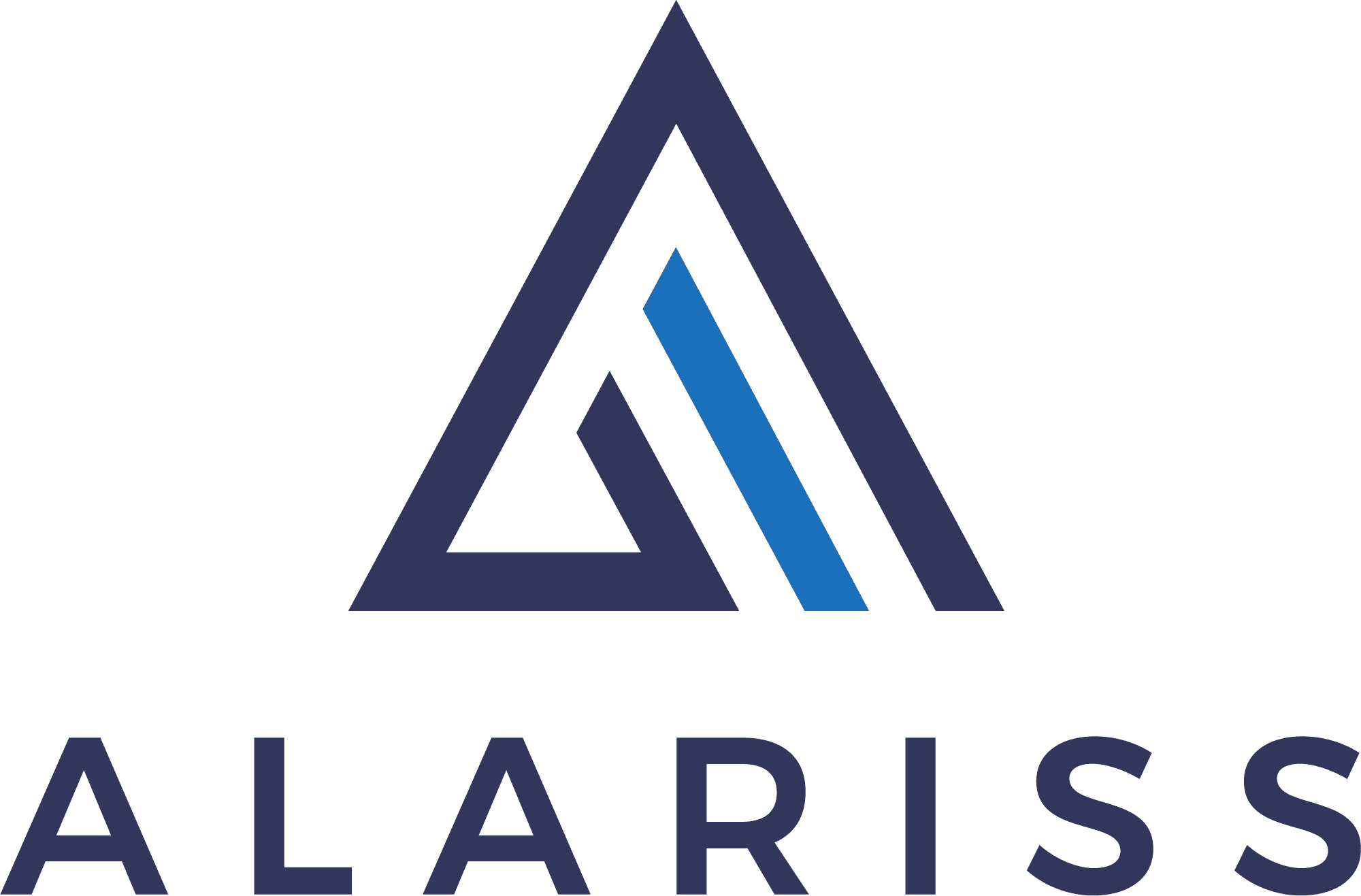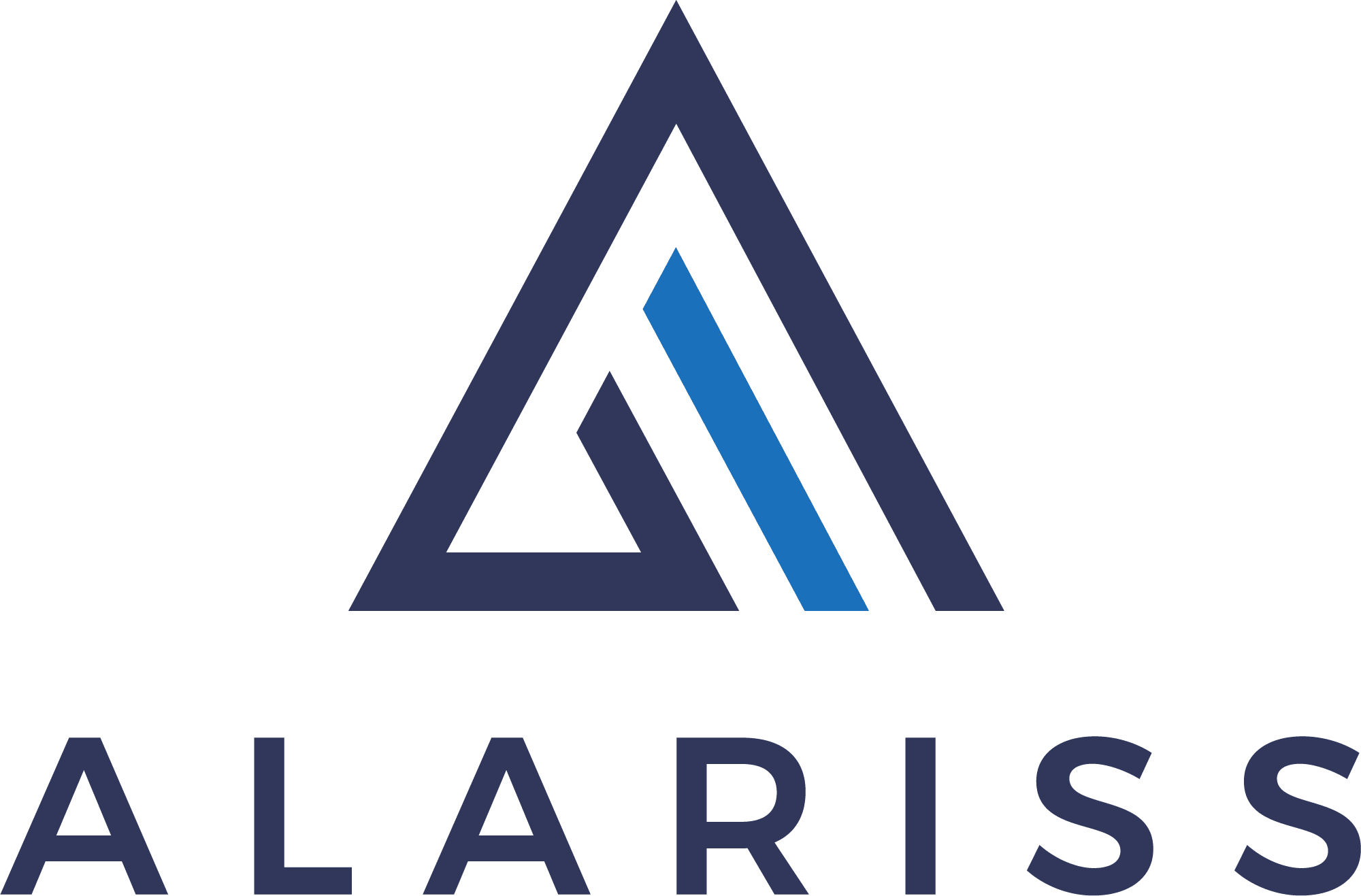Blog
These Are the Benefits That You Should Provide to Your US Employees

May 6, 2022
When you expand your business into the US, you need to set up benefits for your US employees. Your US employees will expect benefits like health insurance, vision insurance, dental insurance, and a 401(k) plan.
To set up US benefits, you first need to have a US legal entity. However, it may be difficult to set up a US subsidiary as a foreign company. If you don’t have a Social Security number as a non-US citizen, you will have a hard time getting an Employer Identification Number. You also will probably be unable to open a business bank account in the US because you don’t have an Employer Identification Number, Social Security number, or photo ID from a US or state government entity.
Once you have set up a US legal entity, then you can set up benefits for your US employees. These are the benefits that you’ll want to provide for your US employees:
Health insurance
The most important benefit to provide for your US employees is health insurance. In the US, the government does not typically provide health insurance to people below age 65; employers are expected to provide health insurance instead. Politically, many Americans prefer to be able to choose private healthcare options and perceive that it is the bedrock of a capitalist society, one in which the government has a more limited role in the lives of private citizens. This is also due to a historic precedent. During World War II, the government limited employers’ ability to raise wages to tame inflation, which led to employers competing for talent by offering employees health insurance, which was exempt from wage controls and income taxes. President Dwight D. Eisenhower locked the employer-sponsored healthcare system in place by keeping employer contributions to health insurance tax-free.

The Affordable Care Act, also known as Obamacare, was a big deal when it passed in 2010 because it made it easier for Americans to acquire health insurance. Under the Affordable Care Act, companies with 50 or more full-time employees are required to provide health insurance to employees. As a result, most employers in the US offer health insurance to their full-time employees. If you don’t offer health insurance, people you want to hire might not accept your job offer, or your current employees might leave for other job opportunities.
In the US, employers and employees split the cost of the health insurance premium. Money gets taken out of the employee’s paycheck to pay for their portion of the premium, and employers pay for the rest.
You want to choose a health insurance company with a large network of healthcare providers, such as Blue Cross Blue Shield or UnitedHealthcare. You also want to make sure to offer a generous health insurance plan, with a low deductible and low co-pays for appointments. If you’re stingy with the kind of health insurance that you offer, your employees might look for other job opportunities.
A health insurance broker or adviser can help you through the process of buying health insurance if you’re having trouble.
For employees, one benefit of getting health insurance through work is that they spend pre-tax dollars on the health insurance premium. That is, the money they spend on health insurance is exempt from federal payroll and income taxes. On the other hand, if they bought health insurance on their own, they’d have to pay for it with post-tax dollars. In addition, they often have access to more doctors and hospitals when they get health insurance through their employer. Employers also benefit from offering health insurance; their contributions to employees’ premiums are tax-deductible.
If you’re hiring independent consultants, although you’re not legally required to provide them health insurance, it may be beneficial to provide a stipend to help them to buy their own health insurance, since the job market is extremely competitive, where you’re competing for elite talent with more established brands. Most Americans expect that their employers will provide some form of health insurance.
Dental insurance
You’ll want to set up dental insurance so that your employees can take care of their teeth and see a dentist regularly. Make sure to choose a dental insurance provider with a large network of dentists. Most dental insurance plans have a deductible and coinsurance.
Vision insurance
You’ll want to provide vision insurance to your employees so that they can get eye exams and buy glasses or contact lenses.
401(k) plans
You want to help your employees save for retirement. In a 401(k) plan, your employees contribute a portion of their salary to the retirement plan, and you match their contributions up to a certain limit. The money that employees contribute to their 401(k) is pre-tax; that is, federal income and payroll taxes don’t apply. You want to make sure that the 401(k) provider that you choose has quality investment options and doesn’t charge fees that are too high.
It is not a legal requirement to provide a 401(k) for companies with fewer than 10 employees, and 1099 contractors would be ineligible for a company-sponsored retirement plan. Therefore, another solution is that you can help your workers open an Independent Retirement Account (IRA), in which they get similar tax-advantaged benefits as for a 401(k). The only difference is that IRAs are not linked to an employer and have a lower annual deposit maximum.
Flexible spending accounts (FSAs)
You can offer an FSA (flexible spending account) to your employees so that they can contribute tax-free dollars to medical expenses. Workers can contribute up to $2,750 to an FSA in a year. They estimate how much they plan to spend on health expenses in a year, and then employers make deductions from their paychecks into the FSA. FSAs are “pre-funded”–that is, if you chose to contribute $2,000 to your FSA in the calendar year, you can spend that amount anytime, even if you haven’t made those contributions yet.
A personal development budget
You want your employees to feel like you’re invested in their success. That’s why it’s a good idea to contribute a set amount of money to their self-development, such as courses, training, and books. Personal development budgets typically range from $500 to $2,000 per employee.
Flexible scheduling
Since you’re running an overseas company, your US employees will be working remotely. One thing that remote employees truly value is having a flexible schedule. You want to let your employees have appointments and run errands during the day and make up for it later. You also want the parents on your staff to be able to pick up their kids from school. Letting your employees have a flexible schedule will help you retain them. If you can’t trust your employees to get their work done without micromanaging them, then you may have hired the wrong people.
Unlimited PTO
Unlimited PTO (paid time off) is a great perk to give to employees. You still will ask employees to check in advance before taking time off, to ensure that they don’t abuse this privilege. Offering unlimited PTO shows that you trust your employees. It allows your employees to travel more than they’d otherwise be able to. It will make it easier for you to recruit employees.
Paid parental leave
The US is the only rich country in the world not requiring employers to offer paid parental leave. So if you offer paid parental leave to your employees, they will be very thankful for it. When parents have a new child, it’s important for them to have time off to bond with their new child and take care of them and recover from the pregnancy.
If you work with an Employer of Record like Alariss, we can take care of providing benefits to your US employees for you. You won’t have to set up a legal entity in the US either. At Alariss, we match top US sales and business development talent with global tech companies and also handle HR, so that our clients don’t have to worry about payroll, legal compliance, or the details of providing benefits. If you’re ready to work with us, book a call with us today.





